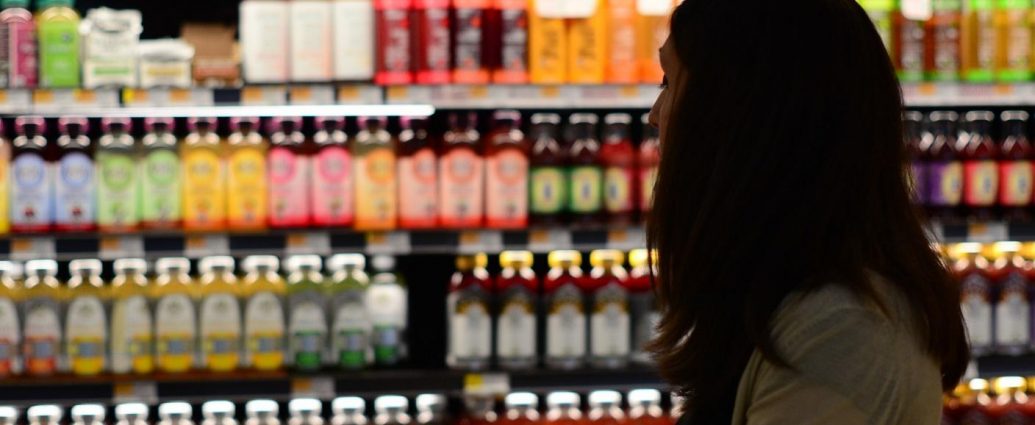If you’ve decided to start offering more sustainable options at your restaurant or food manufacturing company, you know there’s tons of items to choose from. In some situations, you can travel directly to a farm to see how sustainably it operates. However, it is impossible to personally verify the sustainable practices of every ingredient or product you use, and you can’t always tell how sustainable something is by how it looks. Consumers want greener options, so many products market themselves as sustainable even if they actually are not. One thing you could consider when sourcing green food and materials is sustainability certifications. You cannot personally go to every farm in the world, but farms and companies can request representatives from a variety of nonprofits to visit and prove that they are sustainable. Here are a few of the common certifications you can look for:
One of the most interesting certifications is 1% For the Planet. Unlike most certifications that just show proof of a company’s practices, companies affiliated with 1% For the Planet work directly with them to donate 1% of their sales to environmental causes. Your restaurant or business could carry 1% For the Planet products, or you could personally become certified to show customers your commitment to the environment.
Some certifications reflect values beyond just sustainability, such as B Corporations. If a company is a certified B Corp, it meets “the highest standards of verified social and environmental performance, public transparency, and legal accountability to balance profit and purpose.” So, while there are some environmental standards, the point of becoming a B Corp is to show that a company is generally trustworthy and a good choice for consumers.
Similarly, Fair Trade certification indicates “rigorous social, environmental, and economic standards.” Most people only think of Fair Trade as an ethics and labor policies certification, but they do also assess products for environmental practices. Consumers particularly look out for Fair Trade teas, coffee, and chocolate, so this is an especially important certification for coffee shops and cafés to consider.
Regenerative Organic Certified products also represent multiple values. A ROC label primarily means that the product meets rigorous soil health standards, but certification also requires farms provide proof of animal welfare and ethical business structures for the workers. This is different from USDA Organic, which means that products were produced with USDA approved pesticides, fertilizers, and preservatives. However, many consumers will not know the difference between organic certifications- they will just want to know if a product is organic or not. So, it’s up to you to decide if you value certain organic certifications over others for your business.
Rainforest Alliance is another certification with multiple goals. They focus primarily on preserving forests and soil health, but also aim to improve the climate by offering sustainability training to farmers, and their certification requires a certain standard of human rights and livelihood opportunities for the workers producing the certified product.
When it comes to product packaging, one of the most common and specific labels is the Sustainable Forestry Initiative label. It certifies that the product or packaging containing the label is made out of either recycled content, or from a sustainable forest. Like SFI, the Forest Stewardship Council also certifies products based on their recycled or sustainable content. They have three different labels, so consumers can check to see if a product is recycled, sustainably sourced, or both.
There are other more specific certifications, such as certifications for sustainable seafood practices or sustainable textile processing. Not every certification is necessary for every business, but hopefully this list can provide you with a starting point for thinking about products to look at. Think about what you personally value when looking for products, and what you think your customers value. Then, you can look for labels that align with those values, and work towards building more sustainable offerings for your customers.
–McLennan

